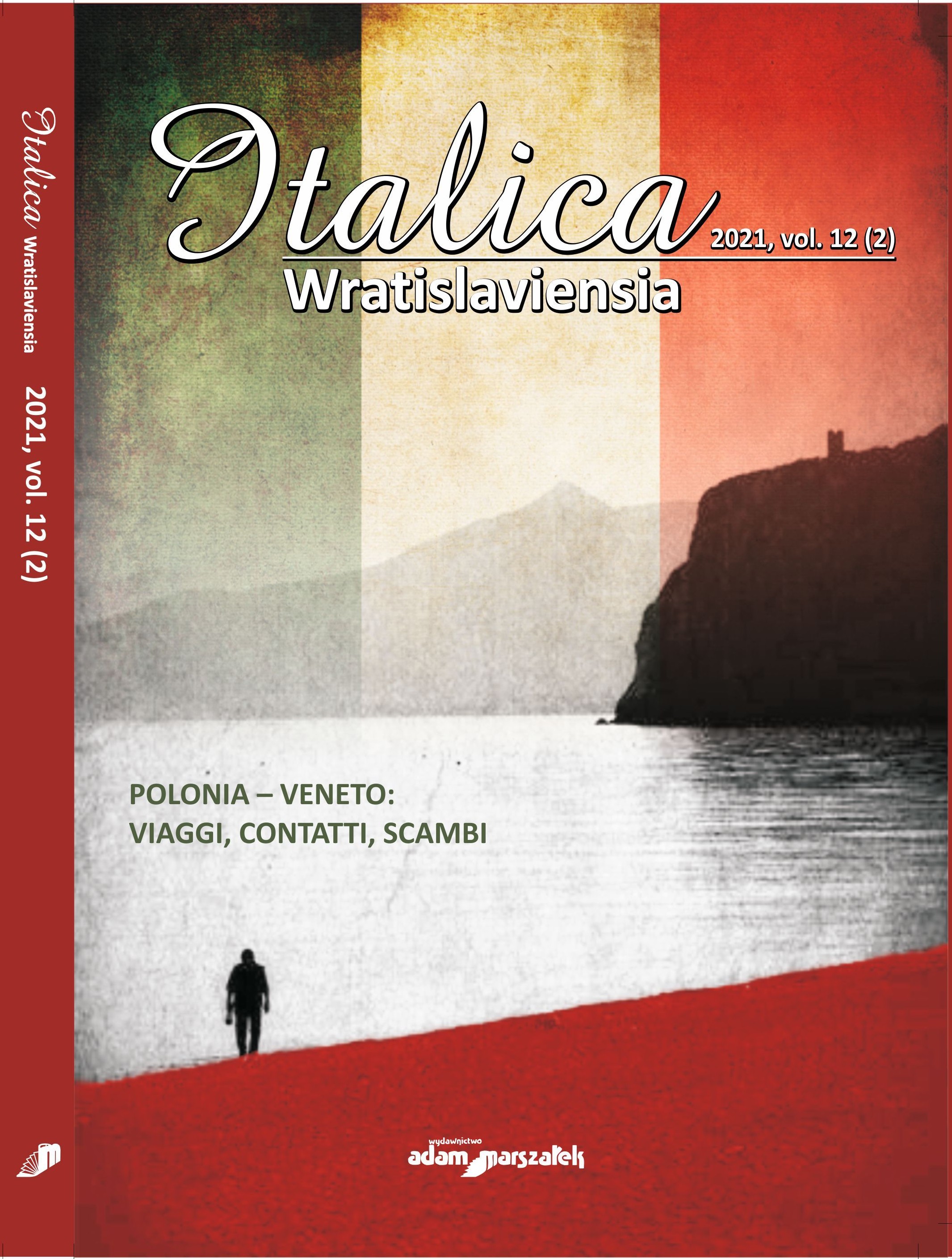Virgilio, le streghe e la sposa di San Francesco nella "Divina Commedia"
Virgil, the Witches, and the Wife of St. Francis in the Divine Comedy
Author(s): Marino Alberto BalducciSubject(s): Language and Literature Studies, Studies of Literature
Published by: Wydawnictwo Adam Marszałek
Keywords: Magic; Divine Comedy; Manto; Erichto; Saint Francis
Summary/Abstract: Through the hermeneutic-symbolic study of the Dantean figures of Virgil, the witches Manto and Erichto, and the mysterious woman loved by St. Francis, we reflect on the sense of magic and thaumaturgy in the Divine Comedy, presenting a new theological interpretation of the secret doctrine of "Inferno" IX. Virgil is shown in Dante’s poem as the great Roman poet and as the magician of the Neapolitan folkloric traditions of the Middle Ages; he is celebrated but also ridiculed for his limitations. The Christian world, in fact, transcends the pagan idea of magic being Nature’s proud minister, to advance a more complex thaumaturgic concept that indicates a miraculous event belonging not only to man but to the divine that is fused into the human dimension. Along these lines, the most essential characteristics and differences of Virgil the Magician’s two infernal journeys in the Divine Comedy are analysed in detail: first, the one that is determined by the spells of Erichto, Lucan’s witch, and which is therefore the work of ancient pagan black magic; second, the one that is Christianly predisposed by angelic inspiration, that is, by Beatrice, who is the symbol of a newer “celestial magic,” which is, in turn, a special thaumaturgic power indicated by the paradisiac episode of St. Francis and his wife.
Journal: Italica Wratislaviensia
- Issue Year: 12/2021
- Issue No: 2
- Page Range: 131-147
- Page Count: 17
- Language: Italian

